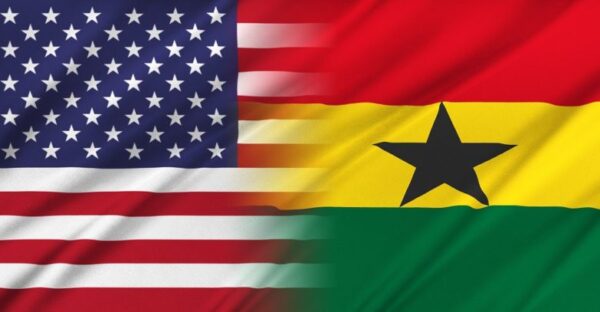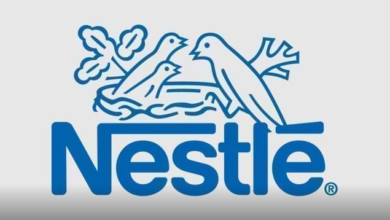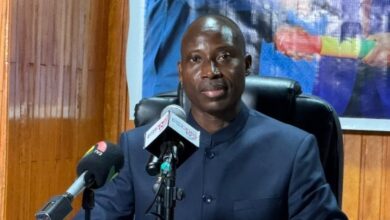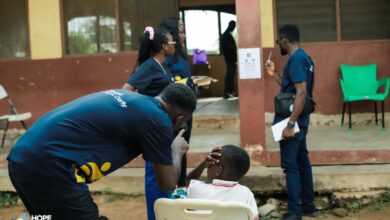Possible New U.S. Visa Restrictions Could Impact Ghanaian Students, Businesses, and Bilateral Ties

Ghanaians seeking to travel to the United States for education, business, or other purposes could soon face significant hurdles as the U.S. government considers imposing fresh visa restrictions under an expanded travel ban policy. Ghana is among 36 countries named in a draft proposal reportedly under review by the Trump administration, raising concerns about the future of one of Ghana’s most important bilateral relationships.
According to an internal State Department memo cited by The Washington Post, countries on the list—including Ghana—have been given a 60-day window to meet new U.S. security and documentation requirements or risk partial or full entry restrictions. The memo, signed by Secretary of State Marco Rubio, directs U.S. diplomatic missions to engage these countries immediately, with an initial compliance plan expected within days.
If the proposed measures take effect, they could severely disrupt the plans of thousands of Ghanaians who travel to the U.S. annually for university studies, professional conferences, medical treatment, and business opportunities. Ghanaian businesses that rely on U.S. partnerships, trade missions, and investment forums may also face delays and complications.
Ghana and the United States have long enjoyed strong diplomatic, economic, and cultural ties. The U.S. is one of Ghana’s key development partners, and both countries have collaborated on education, security, and trade initiatives over the decades. Analysts warn that the proposed visa restrictions, if implemented, could strain these ties and limit people-to-people exchanges that have underpinned the relationship.
The memo reportedly cites concerns about documentation standards, cooperation on immigration enforcement, and visa overstay rates as justification for the proposed restrictions. It also references broader concerns, such as some nations’ practices of granting citizenship through investment and vague allegations of “anti-American activity” by individuals from certain countries.
The U.S. government has not provided a timeline for when restrictions could take effect, but officials have urged listed countries to act swiftly. For Ghana, this means engaging with U.S. authorities to demonstrate compliance and avoid measures that could harm students, businesses, and the broader economy.
Critics have described the draft proposal as discriminatory, pointing to the disproportionate number of African and Caribbean countries affected. They argue that such policies risk undermining long-standing alliances and penalizing citizens who seek legitimate opportunities abroad.
The Ghanaian government has not yet officially commented on the development. However, diplomatic sources indicate that consultations are already underway to address U.S. concerns and protect Ghana’s interests.




